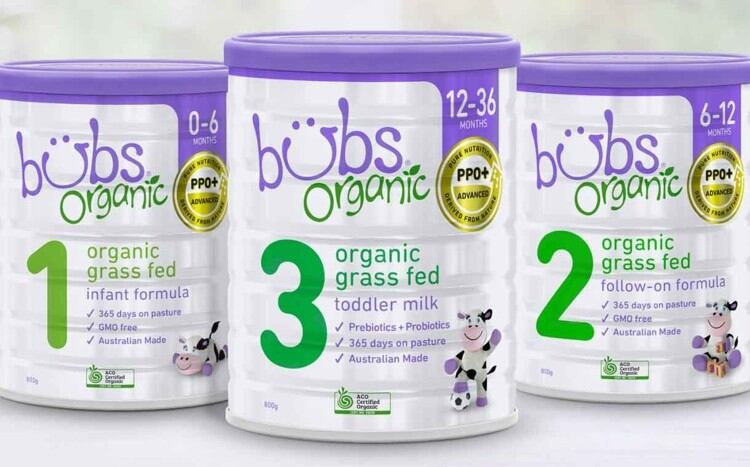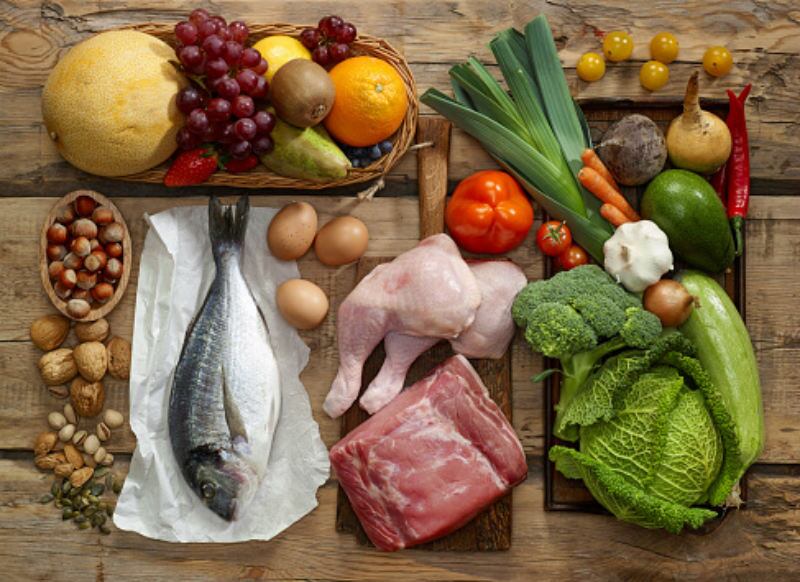This is the sixth time that China has revised this list, dubbed the ‘Organic Product Certification Catalogue’, since it was first introduced back in 2012. Revisions have taken place on a more-or-less yearly basis since its introduction.
This version covers 1,136 products across 46 product categories. Major categories containing the most products in this list include vegetables, fruits, legumes, traditional Chinese medicinal herbs, and meat and processed meat products. The full list is available for download here (Word document in Mandarin).
This is 11 more categories than the 35 previously found in the 2018 list, which theoretically exhibits more thorough categorisation and comprehensive inclusion of products in this new 2019 list.
“From the date of publication of this notice, all organic certification bodies can only accept new applications for products that are found within the new ‘Organic Product Certification Catalogue’,” said the China National Certification and Accreditation Administration (CNCA) via an official statement on its website.
“Applications for all products that are not found within this list can no longer be accepted.”
Companies with products not in the list but have received certification before the notice publication can continue to use the relevant organic certificate until the date of expiry, upon which this will be considered to have ‘automatically expired’ and will no longer be valid.
“All products manufactured within the validity period of the certificate can continue to use the corresponding certification mark during the validity period of the product,” said CNCA.
Following closely on the heels of this will be the enforcement of the country’s new organic regulations, dubbed the ‘Organic Product Certification Implementation Rules’. These will be implemented starting January 1, 2020, and represents the first revision of these rules in five years since first introduced in 2014.
“[The] ‘Organic Product Certification Implementation Rules’ have been revised [in] order to further improve [China’s] organic product certification system, standardise organic product certification activities, and ensure the consistency and effectiveness of certification activities,” said CNCA in a separate statement.
“All companies should amend their related management and systems documentation according to these new rules, as well as in accordance with the national standards for ‘Organic products production, processing, labelling and management system requirements’ GB/T 19630-2019, as soon as possible.
“From January 1, 2020, all certification bodes will process organic product certification applications according to the requirements of these new rules, regardless of whether the applicant is a new or existing applicant.”
Special wolfberry regulations
A special set of requirements was added for the organic certification of wolfberries (goji berries), an important fruit in both the Chinese diet and traditional Chinese medicinal applications.
These include very specific environmental requirements, e.g. the altitude of the production unit if on a slope, whether or not neighbouring farms use pesticides, wind speeds and direction, the provision of precise geographical coordinate information and more.
Precautions when it comes to pest control are even stricter – detailed documentation is required for the use of soil, fertiliser, plant protection items, down to contact information for the producers of these items and their manufacturing batch numbers.
Even production volumes per unit have been specified. For example, a maximum of 280 Class One wolfberry tress can be planted in very ‘mu’, or 667m2 of the plantation, and production from this should not be more than 15kg in the second year, 30kg in the third year, then 50kg, 100kg, and no more than 200kg from the sixth year and onwards.
Management and punishment
The certification process as described in the new rules is a complex one with many steps, and many landmines to avoid if a company wants to ensure a successful application.
These include personnel factors such as dishonesty or an ‘unstable management board’; production factors such as prohibited substances found at any stage or any major quality issues emerging within a year of production; or environmental factors such as pollution being detected in the processing area.
Any of the factors above would result in rejection of the application if found, and further inspections must be carried out by the certification body even if a company is successfully granted approval to claim its products as organic.
“The certification bodies shall conduct ‘unannounced inspections’ on 5% of the certified organisations at least once a year on the basis of the risk assessment,” stated CNCA in the official regulatory document.
“If a certification certificate is cancelled or revoked, the relevant company must return the certificate and unused signs to the certification body, or destroy the remaining organic signs and labels under the supervision of the certification body.
“For product packaging with the mark, if necessary the company must recall the corresponding batch of products, [failing which] the certification body will promptly announce the decision to cancel or revoke the organic certificate on relevant media and declare the existing certificate and logos to be invalid.”





